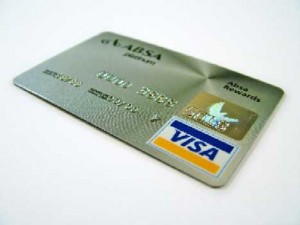Americans are facing debt collectors more and more with the recent economic downturn. It’s a fact. When it comes to paying your mortgage or a credit card, it’s an obvious choice.  Not being able to pay all your bills doesn’t make you a bad person and it certainly doesn’t mean that you have forfeited any of your rights. Debt collectors have limits to what they are allowed to do and one of the best things you can do is arm yourself with the knowledge of what they can’t do. The Fair Debt Collection Practices Act, or FDCPA, is a federal law that governs debt collection for personal, household and family debts. These laws apply to debts involving personal loans, mortgages, car loans, credit card debts, utility bills, student loans, medical and insurance debts, unpaid legal judgments, and bounced checks. If a company uses an in-house debt collector, then not all of these rules apply. So what can a debt collector NOT do:
Not being able to pay all your bills doesn’t make you a bad person and it certainly doesn’t mean that you have forfeited any of your rights. Debt collectors have limits to what they are allowed to do and one of the best things you can do is arm yourself with the knowledge of what they can’t do. The Fair Debt Collection Practices Act, or FDCPA, is a federal law that governs debt collection for personal, household and family debts. These laws apply to debts involving personal loans, mortgages, car loans, credit card debts, utility bills, student loans, medical and insurance debts, unpaid legal judgments, and bounced checks. If a company uses an in-house debt collector, then not all of these rules apply. So what can a debt collector NOT do:
- Call you before 8 a.m. or after 9 p.m. unless you tell them that it’s ok to. It’s also your right to tell them not to call you again and not talk to them at all.
- Call on Sunday
- Contact you at work if the debt collector knows your employer does not want you to be contacted during working hours.
- Contact your employer about a debt you owe, unless it’s past-due child support.
- Contact relatives, friends or neighbors about your debt.
- Send postcards or envelopes that identify themselves as a debt collector
- Call you repeatedly during a short period of time or harass you.
- Swear or insult you during a conversation or threaten you about your reputation or with jail time.
- Order you to accept collect calls from them.
- Deposit a post-dated check you have given them before the date on the check.
- Collect or ask for more than you owe on a debt.
If you are currently experiencing any of the above behaviors from a debt collector, contact a debt collection attorney. You have rights and you need exercise them.

